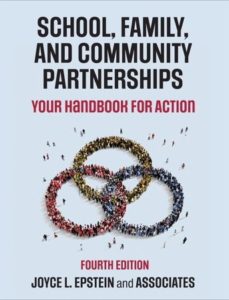Cleveland, OH

[Ribbon]Reach results for student success in school[/ribbon]
Conscious Discipline Workshop
When schools implement Conscious Discipline, all teachers help students know their school’s expectations for good behavior. Teachers work to respond in consistent ways to improve students’ behavior in their classrooms. Teachers know that students’ good behavior contributes to a peaceful and calm climate that enables all students to learn and leads to fewer disciplinary incidents.
Conscious Discipline aims to ensure that the school as a whole is a safe place where all students can strengthen their social and emotional skills, interactions with other students and teachers, and content learning. Children learn to express their feelings; take helpful actions; think about others’ feelings; use kind words, listening ears, helpful hands, and watching eyes; and other good behaviors. Students learn that they and their classmates are able and valued members of their school.
The Action Team for Partnerships (ATP), teachers, and administrators wanted parents to know the goals of Conscious Discipline, and reinforce similar behaviors and messages at home. First, parents completed surveys to indicate their interest and registered for various workshops, including the topic of Conscious Discipline.
A community partner presented this workshop, which included dinner for parents and teachers to meet and talk with each other. Along with a PowerPoint presentation and related handouts, the presenter organized role-playing situations for parent to act out common preschool misbehaviors and consider alternative ways to treat these problems. They learned about Conscious Discipline techniques to help students make good choices about their behavior. For example, the program establishes a “safe place” where young children who are upset or who misbehave can go to compose themselves and consider positive options for future behavior. At school or at home, this may be a chair, beanbag, throw rug or pillow—a kind of “time out” space for reflection.
See more about Conscious Discipline Workshop in Promising Partnership Practices 2020.

